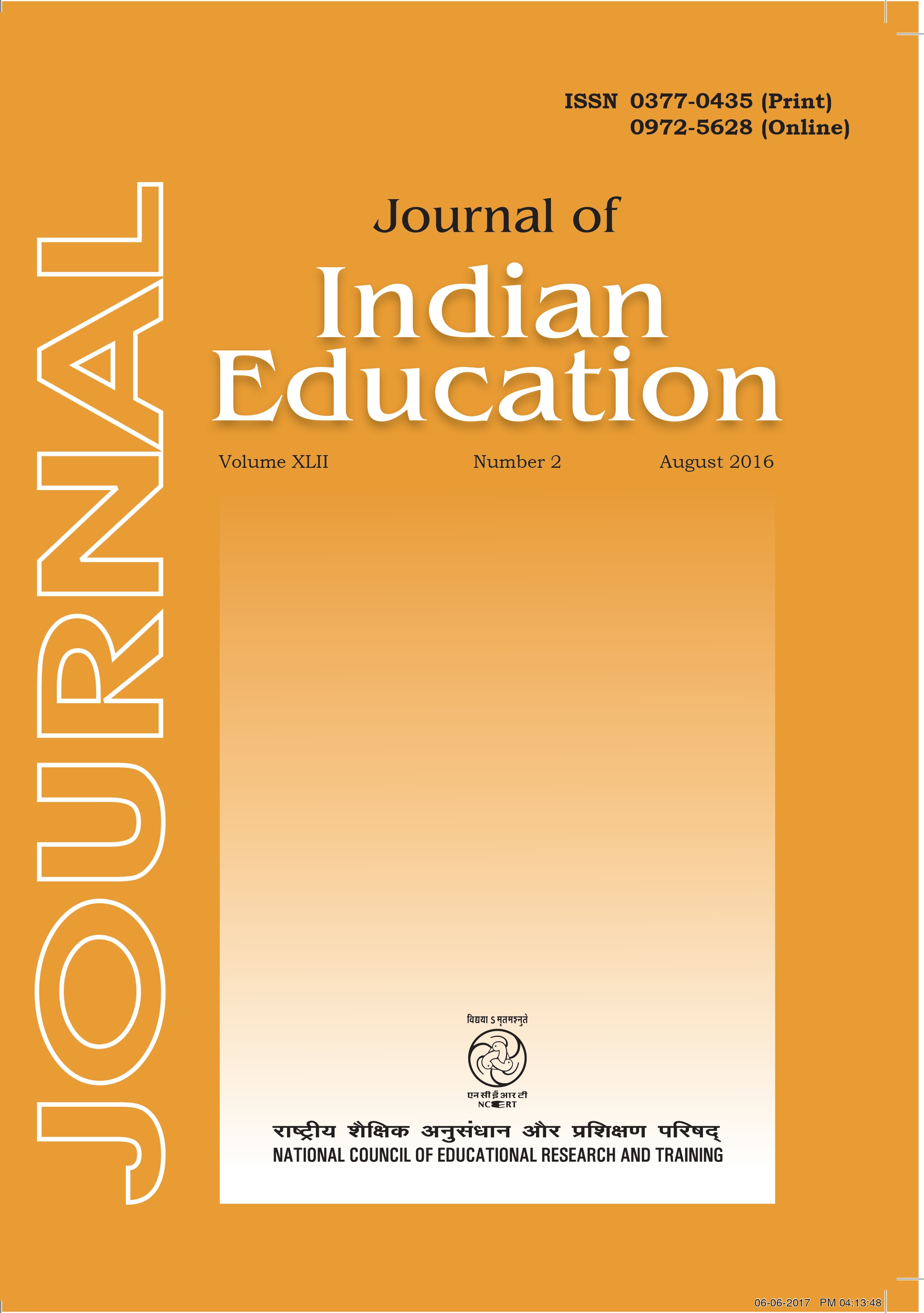Published 2024-12-13
Keywords
- Educational Philosophy,
- Critical Pedagogy
How to Cite
Abstract
This paper attempts to understand the theoretical underpinnings and work of Paulo Freire and to study the philosophical foundations of his work. It outlines the influence of Marxist and Christian thoughts on the formulation of his liberatory theory. The paper offers insights into the inevitable connect between Freire’s Marxist thought and his religious commitments and affiliations and how it shaped Freire’s philosophical understanding and views on knowledge as constructed rather than derived and must be understood contextually as historically and culturally informed discourses. In the first section, the paper distinguishes between radical and liberal ideology and how Freire’s writings can be placed under the radical liberal humanistic vision of education. This paper further explores Freire’s educational philosophy as shaped and influenced by his life experiences and helped him develop his idea of conscientisation as derived from his religious beliefs. The paper concludes that Freire combined both material and cultural reality to articulate a process of social change and therefore gives prime importance to education in his revolutionary theory of social transformation.

